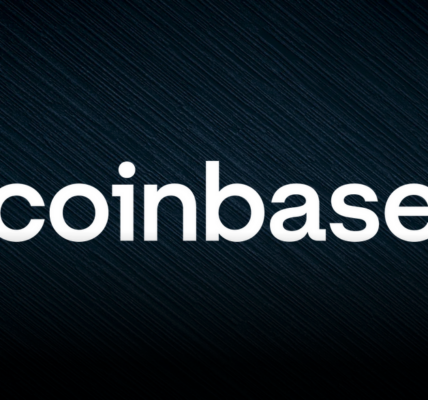Bitcoin becomes an official currency of El Salvador amid IMF loan negotiations
Key Points
- El Salvador is reducing its use of Bitcoin in exchange for a $1.4 billion loan from the IMF.
- Bitcoin will no longer be accepted for tax payments, though private transactions remain unaffected.
- The decision reflects challenges such as low adoption rates, financial instability, and international criticism.
- The IMF agreement aims to address El Salvador’s fiscal deficit and growing public debt.
- Public reaction is mixed, with some viewing it as pragmatic and others as a setback for innovation.
Overview
El Salvador, the first country to adopt Bitcoin as legal tender, is scaling back its cryptocurrency policies in exchange for a $1.4 billion loan from the International Monetary Fund (IMF). This marks a significant shift for President Nayib Bukele’s administration, which had promoted Bitcoin as a tool for financial innovation and economic growth.
The decision underscores the challenges of integrating a volatile cryptocurrency into a national economy while navigating fiscal constraints.
Key Developments
El Salvador has faced mounting economic challenges, including a fiscal deficit and rising public debt. To address these issues, the government has reached an agreement with the IMF that includes limiting the use of Bitcoin in the public sector. Bitcoin will no longer be accepted for tax payments, but private transactions will remain unaffected.
Bitcoin Adoption: Initial Optimism
In September 2021, El Salvador made history by becoming the first nation to adopt Bitcoin as legal tender alongside the U.S. dollar. The policy aimed to promote financial inclusion for the unbanked population, attract foreign investment, and reduce remittance fees for Salvadorans abroad.
The government introduced several initiatives to support Bitcoin adoption, including the launch of the Chivo digital wallet and a $30 bonus for new users. Additionally, the administration invested directly in Bitcoin, adding it to the country’s reserves.
Challenges Faced
While the policy generated global attention, it also encountered significant challenges:
- Technical Glitches: The Chivo wallet suffered from numerous technical issues, leading to frustration among users.
- Low Adoption Rates: Many businesses and citizens were hesitant to embrace Bitcoin, limiting its integration into the economy.
- Volatility Risks: Bitcoin’s fluctuating value resulted in financial losses, raising concerns about economic vulnerability.
- International Pushback: Organizations like the IMF warned of risks to financial stability, fiscal policy, and anti-money laundering efforts.
The IMF Negotiatio
In exchange for the $1.4 billion loan, El Salvador has agreed to reduce Bitcoin’s role in its economy. While public sector involvement will be limited, private transactions with Bitcoin are still permitted.
Finance Minister Alejandro Zelaya emphasized the need to balance innovation with fiscal responsibility, stating,
“Our priority is to ensure the financial health of the nation while maintaining our commitment to innovation.”
Public and Global Reaction
The policy reversal has sparked mixed reactions:
- Supporters of Bitcoin see the move as a setback for cryptocurrency innovation.
- Critics argue it is a pragmatic decision that addresses economic realities.
- Economists suggest the shift could restore investor confidence and improve relations with international financial institutions.
Future Outlook
El Salvador’s experiment with Bitcoin remains a topic of global interest. The country’s ability to balance technological advancements with economic stability will likely shape its future policies and influence other nations considering similar measures.















